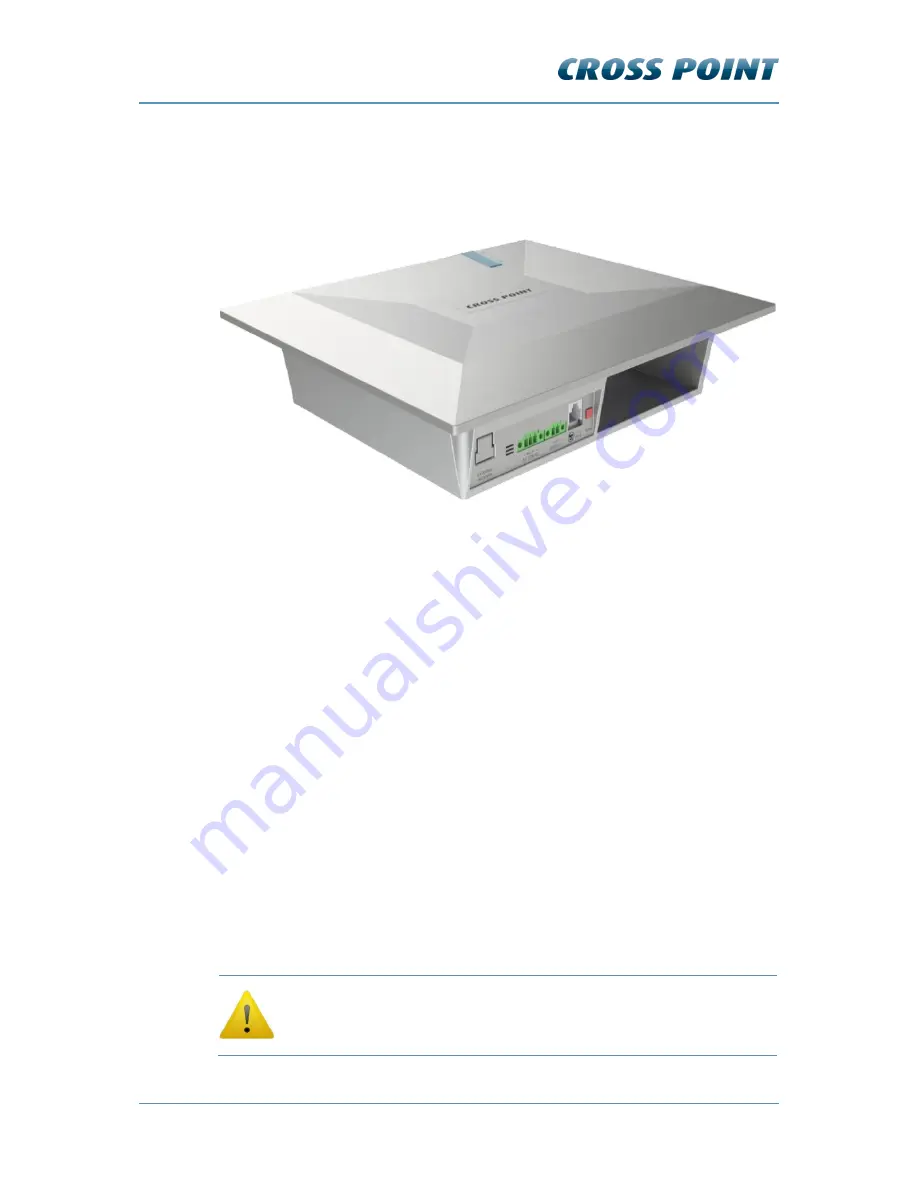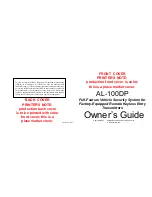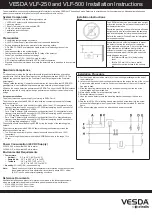
NEXUS AM Deactivator
Introduction
v2.1
Page 5 of 26
2
Introduction
The NEXUS AM Deactivator is a combined label detector and label deactivator, designed
for high speed & long distance detection and deactivation of AM labels.
Figure 1: NEXUS AM Deactivator
The NEXUS AM Deactivator can be used as a stand-alone unit or can be connected with
Cross Point's Web based Integrated Loss Prevention Platform, CrossCONNECT,
allowing reports on deactivation statistics to be generated as well as easy (online)
maintenance.
2.1
Field Bus Network structure
The NEXUS AM Deactivator can be connected to Cross Point’s AM systems through
CAT5 wiring and can be connected to a host (e.g. a CrossCONNECT Access Point or a
computer) and communicate with this host using the Cross Point Field Bus Protocol.
This allows retrieval of device information and various settings to be made through use of
the software.
All this functionality is described further on in this manual.
2.2
Restrictions and limitations
The following restrictions and limitations must be considered:
2.2.1
Usage in metal environments
The NEXUS AM Deactivator
cannot
be installed in environments where metal surfaces
are within
15cm
distance of the deactivator’s antenna. Metal has a negative effect on the
performance of the deactivator because it de-tunes the antenna, which decreases the
detection and deactivation power. Always test the deactivator first before mounting it!
Do not install the NEXUS AM Deactivator in checkouts or desks which
consist of metal!






































